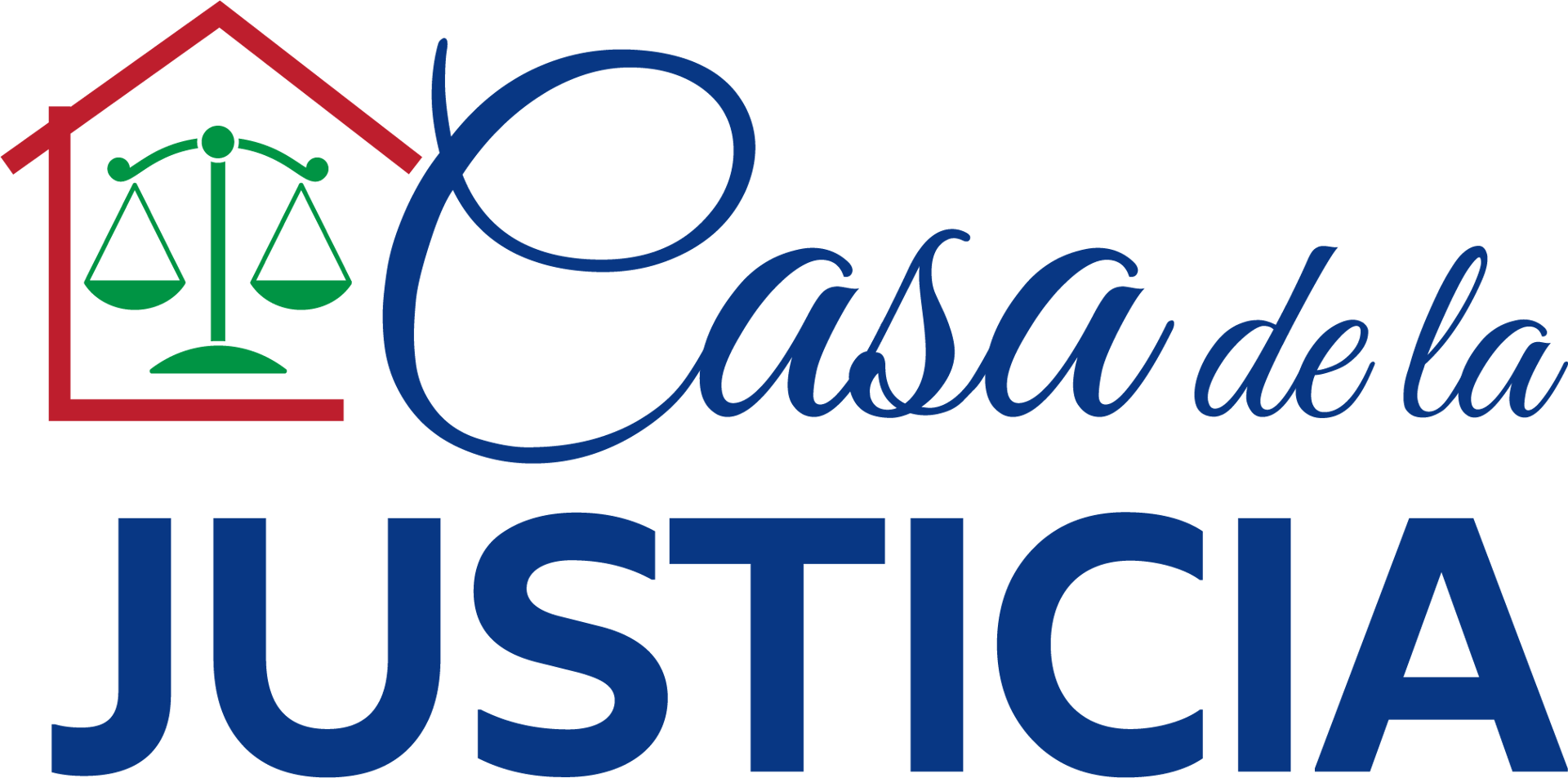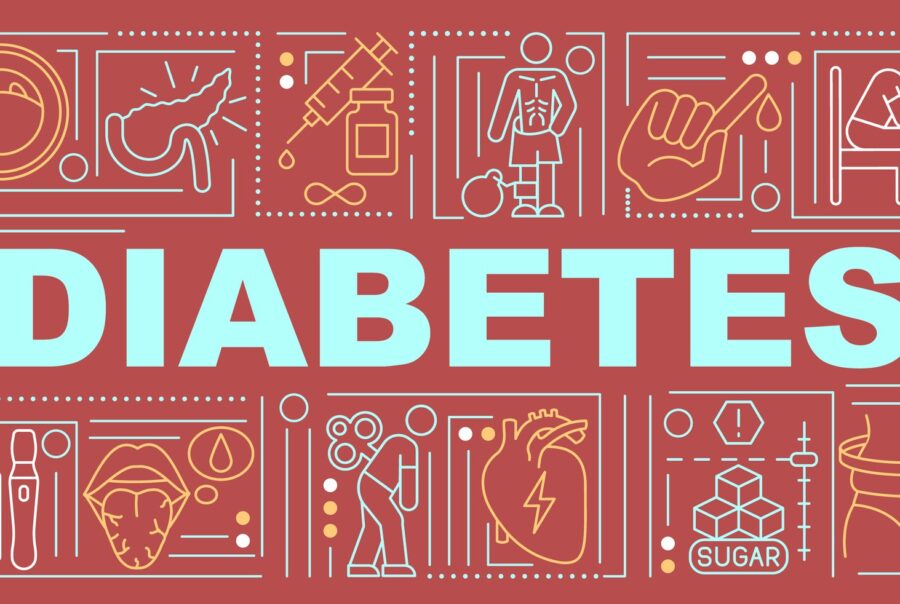
Will my disability benefits be reduced if I get Workers Compensation or other public benefits?
Navigating the world of disability benefits can be complex, especially when you’re receiving multiple forms of assistance. One of the most common concerns among people who have either Social Security Disability Insurance (SSDI) or Supplemental Security Income (SSI) is whether their benefits will be affected if they start receiving other public benefits like Workers Compensation.
In this blog, we’ll aim to clarify how these benefits interact and what you need to know to manage your finances effectively and your best options.
Let's check some options...
Worker’s Compensation
Worker’s Compensation provides financial and medical benefits to employees who had a work-related accident or injury. The interaction between Workers Compensation and disability benefits depends on whether you receive SSDI or SSI.
If you are receiving SSDI:
When you receive SSDI, Worker’s Compensation benefits can affect the amount you receive from Social Security (SSA). The total combined amount of SSDI and Workers Compensation benefits cannot exceed 80% of your average current earnings before you became disabled. If it does, your SSDI benefits will be reduced accordingly.
Example
Suppose your average current earnings were $4,000 per month before your disability. You can receive up to 80% of this amount ($3,200) from combined SSDI and Workers Compensation benefits. If you receive $1,800 from Worker’s Compensation, your SSDI benefits will be adjusted so that the total amount doesn’t exceed $3,200.
If you are receiving SSI:
For SSI recipients, any additional income, including Worker’s Compensation, will affect the amount you receive. SSI benefits are based on your income and resources, so receiving Workers Compensation will likely reduce your SSI payments dollar for dollar after certain exclusions.
If you settled or are settling your workers comp case, it is important to provide the SSA with the settlement documentation so they can make sure you’re paid appropriately. Without that info they generally reduce your payments and never raise them back to where they should be.
Unemployment Benefits
Unemployment benefits can complicate your disability benefits, particularly for SSI recipients, as they are considered income. For SSDI recipients, the situation is a bit different.
Although SSDI does not typically reduce your benefits due to unemployment compensation, receiving unemployment can imply that you’re ready, willing, able, and looking for work. Telling the government simultaneously that you can’t work will cause credibility problems.
State Disability Benefits
Generally, State-provided disability benefits, depending on the state and other factors, last 1 year. They may also reduce your SSDI benefits under the same 80% rule as Worker’s Compensation.
For SSI, these benefits will be counted as income and can reduce your payments. You will also need to provide information about when you were receiving disability and when it stopped. Taking proof of that to the SSA early is important to make sure you’re paid the appropriate amount and not an unfair reduced amount.
Pension Benefits
Pension benefits from a government job that did not require paying Social Security taxes might reduce your SSDI benefits. This is due to the Windfall Elimination Provision (WEP) and Government Pension Offset (GPO). The WEP reduces your SSDI benefit amount if you receive a pension from a job where you did not pay Social Security taxes. The GPO reduces spousal or survivor benefits if you receive a government pension. For SSI recipients, any pension is considered income and will reduce SSI payments.
Conclusion
Receiving multiple types of benefits can be a lifeline, but it also requires careful management to ensure you’re getting the support you need without unexpected reductions. At Casa de la Justicia we are ready to help you navigate the application process for your monthly Disability Check (SSDI), without paying out of pocket. Simply call us at 1 800 840 4040 and we will help you with your first application or if necessary we will work with you to file an appeal if the Social Security Administration (SSA) has denied you your monthly Disability payments.
WINNING begins with a CALL

Casa de la Justicia
your lawyers for all your legal situations




